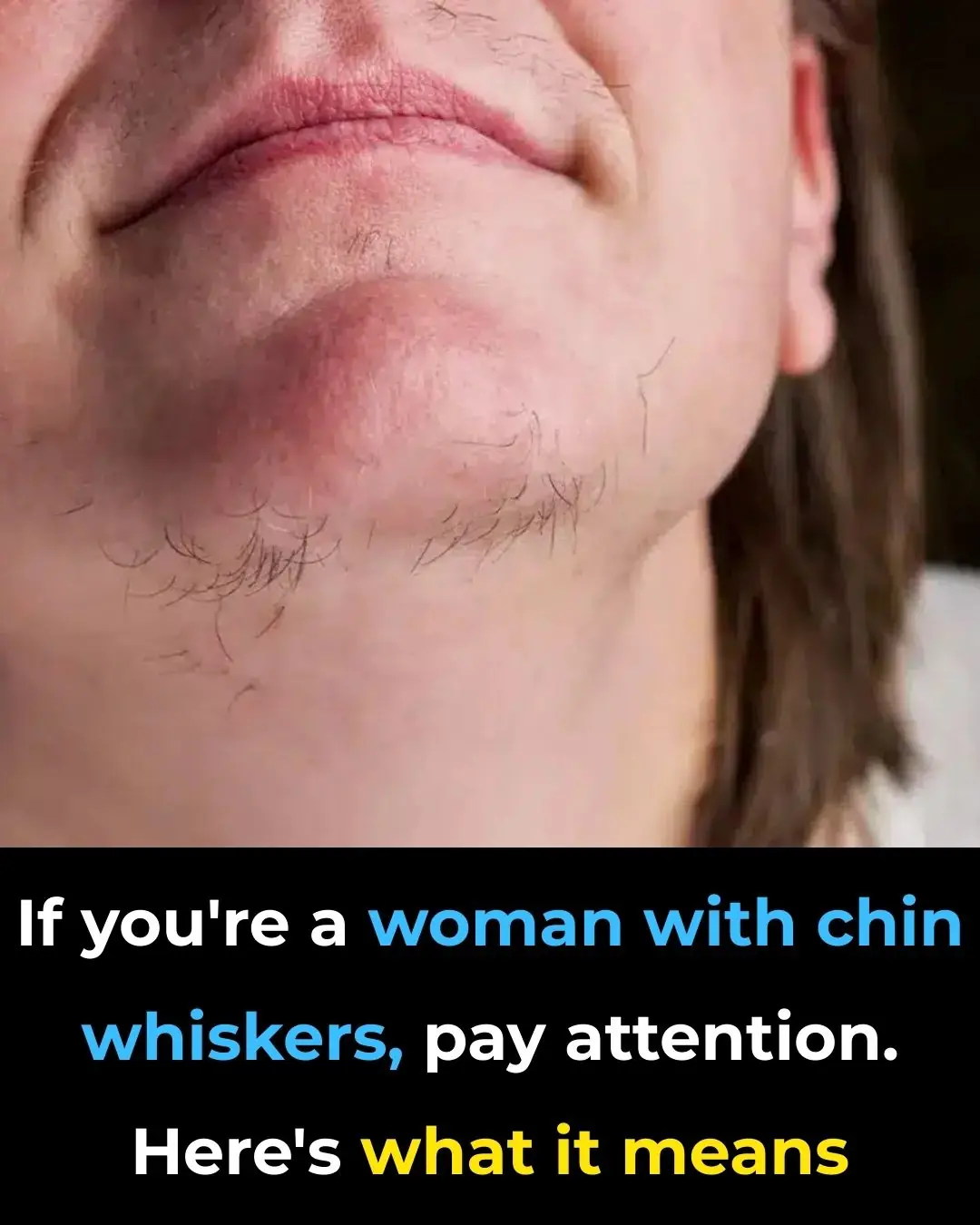
Nose Picking What This Taboo Habit Really Reveals About Us

Picture this: you're sitting quietly on the metro or in a waiting room at the dentist’s office. A few feet away, someone casually starts picking their nose—completely unfazed by their surroundings. Suddenly, you're caught in that wave of discomfort, unsure where to look. But why is this act—so common, so human—so universally cringe-inducing? According to psychologist Alain Foucard, the answer goes far beyond simple hygiene concerns. This seemingly small gesture might expose far more about our inner psychology than we realize.
A Simple Reflex? Think Again.
At first glance, nose-picking seems like any other bodily habit—scratching an itch, stretching, or adjusting your clothes. After all, everyone has felt the irritating tickle in their nostrils at some point, usually at the worst possible moment. So why does this particular habit come with such a heavy social penalty?
The key lies in cultural perception. In many societies, nose-picking is considered a highly private act, something to be done discreetly if at all. Doing it openly breaks invisible social codes—rules we rarely discuss but rigidly enforce. But cultural context matters. In some regions, nose-picking carries little to no stigma and is seen as a practical act with no moral weight. This stark contrast reveals that much of our disgust stems from social conditioning, not biology.
A Window into the Mind: Coping Through Repetition
What if nose-picking isn’t just about physical relief? In the realm of psychology, repetitive behaviors—like nail-biting, skin-picking, or hair-twirling—often serve as unconscious tools for emotional regulation. Nose-picking can belong to that same category.
In high-stress situations, the brain often seeks comfort through automatic, habitual actions. These behaviors offer a strange sense of familiarity and control, grounding us when our emotions feel overwhelming. In that light, a quick nose-pick might not be about cleaning out nasal passages—it might be the brain’s way of quietly whispering, “Let’s calm down.”
Psychologists refer to these kinds of actions as “body-focused repetitive behaviors” (BFRBs), which can sometimes escalate into compulsions if stress levels remain unchecked. Though not always pathological, their presence can be a sign of inner unease.
Impulsivity: When the Filter Breaks
Another psychological angle is impulsivity. Picking your nose in public can sometimes be the result of a fleeting lapse in self-control—a moment when impulse overrides inhibition. For people dealing with conditions like ADHD, chronic stress, anxiety, or sleep deprivation, that internal “behavioral filter” can weaken, allowing impulses to surface unchecked.
It's not always about defiance or rudeness. In many cases, it's simply a split-second decision that slips through the cracks of awareness—only to be followed by embarrassment or regret once the moment has passed.
Seeking Attention—Even the Wrong Kind
Here’s an unexpected theory: public nose-picking might, in some rare cases, be a subconscious bid for attention. When people feel invisible or overlooked, even negative attention can seem more desirable than being ignored.
Of course, this doesn’t mean every nose-picker is secretly trying to shock their peers. But it opens a broader conversation about how some people unconsciously engage in socially “offensive” behaviors as a way of being seen—even if the result is judgment or ridicule. In a hyper-connected world where everyone wants to stand out, even awkward gestures can become a form of silent expression.
Childhood Habits That Never Died
Many behaviors we carry into adulthood are remnants of childhood. If nose-picking wasn’t discouraged or addressed during early development, it might simply persist into later life as a normalized habit.
This principle applies to a host of social faux pas—talking with your mouth full, chewing loudly, or interrupting conversations. Manners, after all, aren’t innate. They’re taught, modeled, and reinforced. Without that early feedback, the behavior might never register as inappropriate.
A Lack of Social Calibration
Sometimes, what appears as rudeness is actually a lack of social calibration. Not everyone is exposed to the same norms and expectations. Someone from a different cultural background, upbringing, or education system might not interpret nose-picking in public the same way as you do.
Social awareness is a learned skill—and like any skill, it varies from person to person. What seems “obviously inappropriate” to one person might be completely neutral to another.
Final Thoughts: There’s More Than Meets the Nose
Ultimately, nose-picking in public might seem like a minor—or gross—offense. But as strange as it sounds, this small act can offer a surprisingly rich glimpse into someone’s psychological and cultural world.
Whether it's a stress response, a lapse in impulse control, an unmet need for attention, or simply a leftover childhood habit, this behavior is far from meaningless. It’s a micro-expression of something deeper—sometimes trivial, sometimes significant.
So the next time you catch someone mid-dig, try replacing your initial disgust with a bit of curiosity. You might just be witnessing the tip of an emotional iceberg—one awkward gesture at a time.
News in the same category


How to Use Rice Water for Gorgeous Hair and Skin (Detailed Instructions)

Beware: U.S. Salmon May Be Crawling with Japanese Tapeworm, Say Scientists
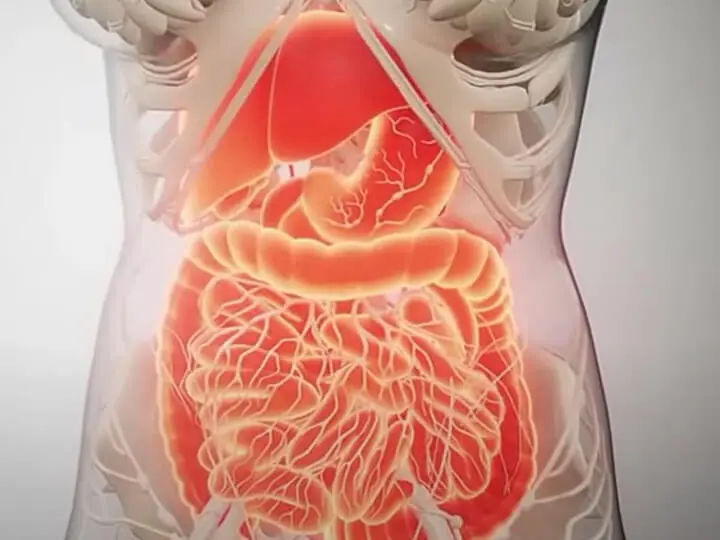
Colon Cleansing: How to Naturally Flush Your Colon at Home (Science-Based)

3 Morning Symptoms That May Signal the Onset of Canc3r

"8 abnormal signs warning of c3rvical canc3r that women need to recognize early"

If you don’t correct these 5 harmful eating and drinking habits right away, sooner or later your esophagus will also be “ravaged” by cancer cells.
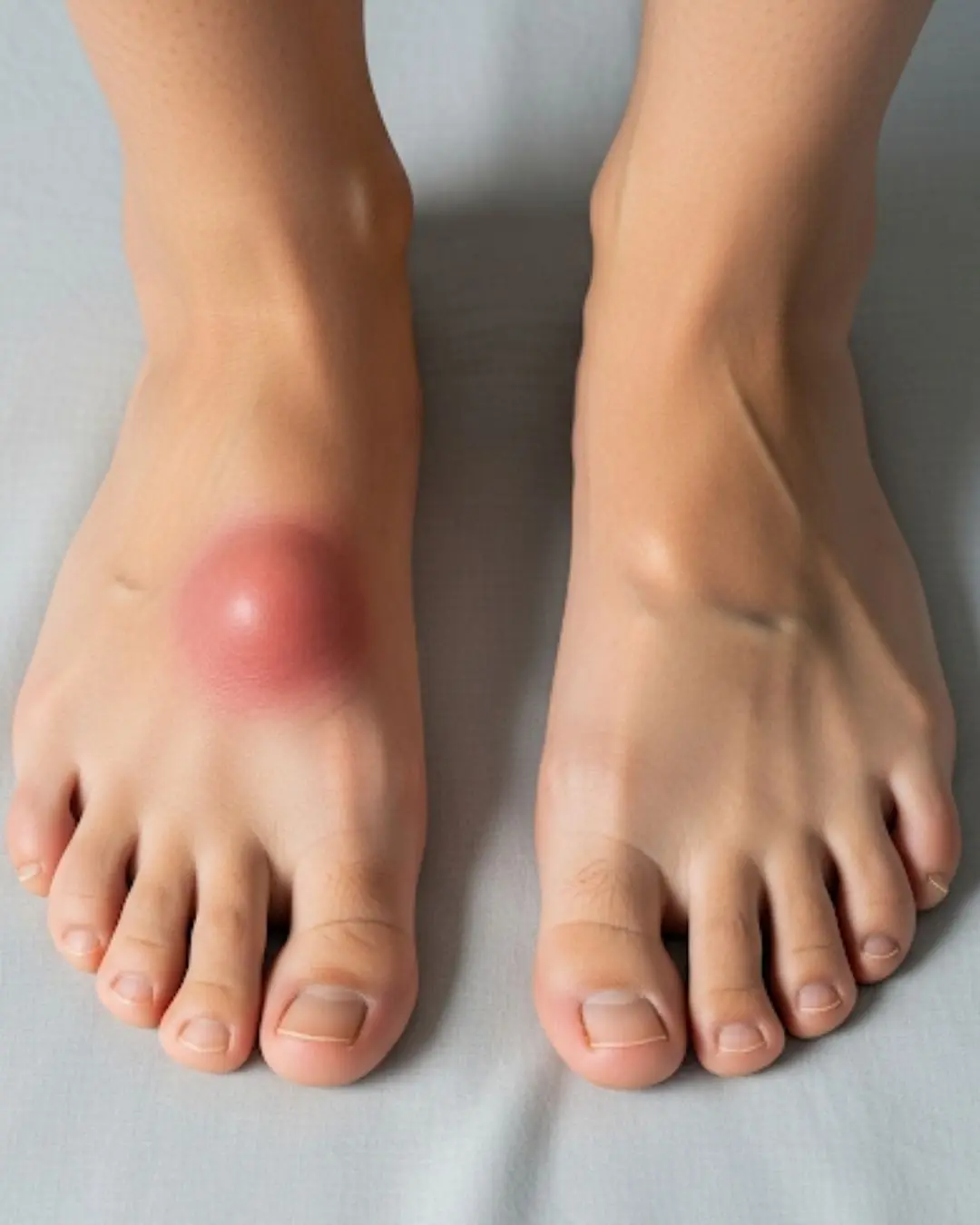
If Your Feet Swell It Is a Clear Sign
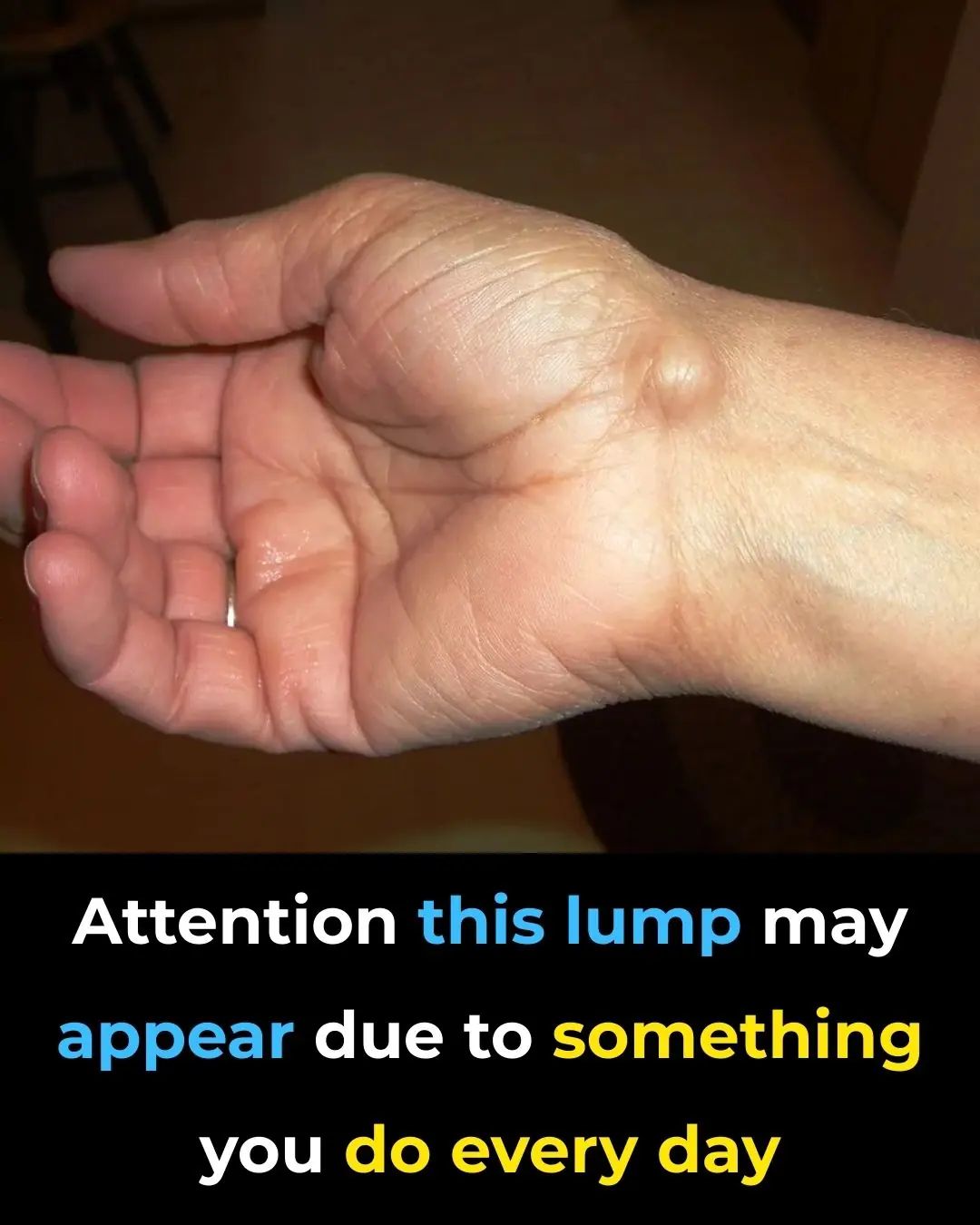
Everyday Habits That Can Cause a This Issue To Your Hands

Why Liver Cancer Is Often Detected Late – Important Warning Signs You Shouldn’t Ignore
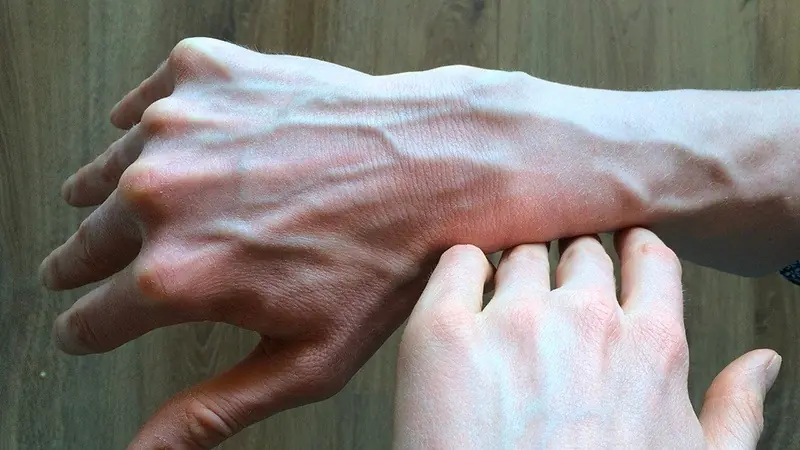
If You See Someone with Prominent Green Veins, Make Sure to Tell Them This – It Could Save Their Life
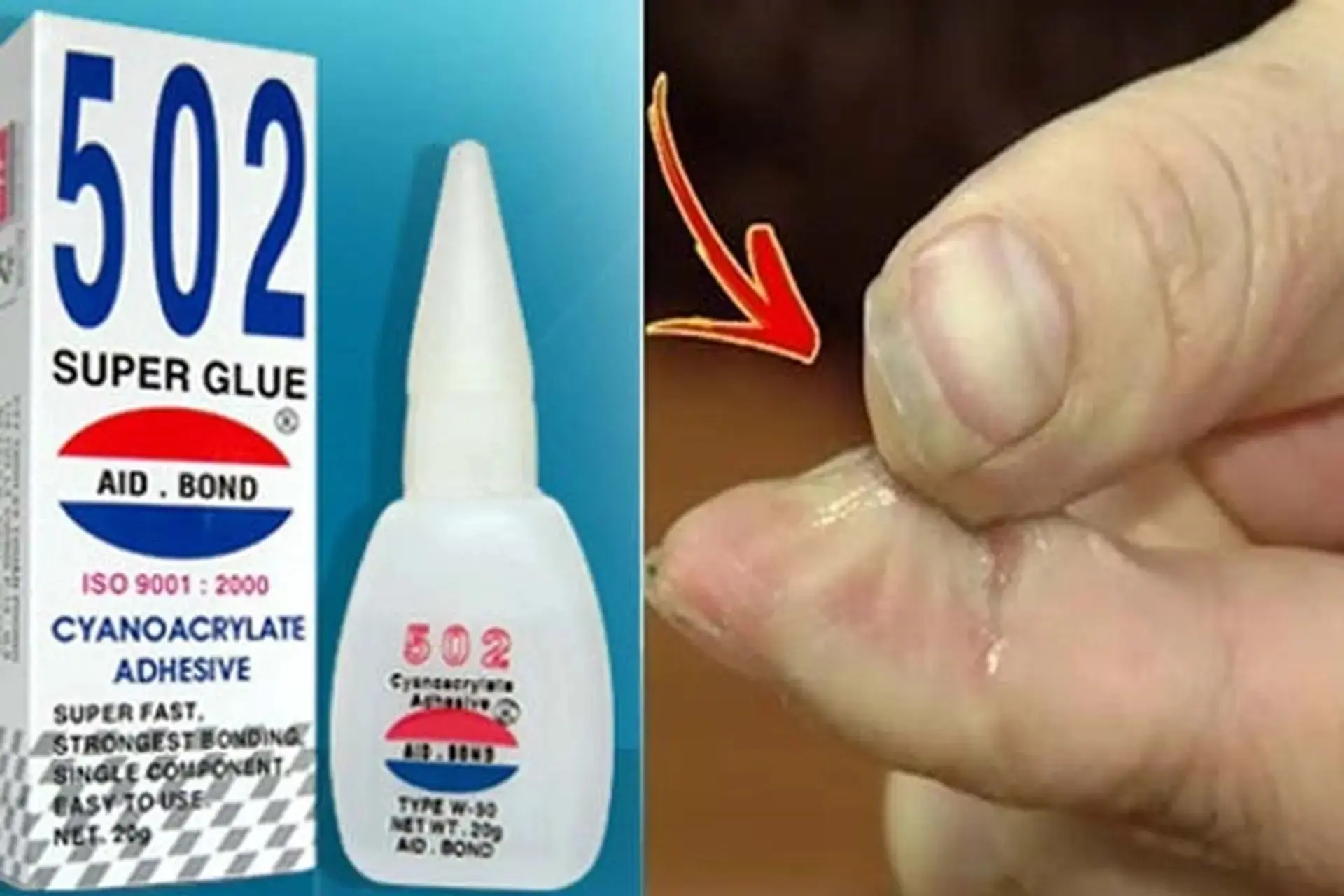
How to Safely Remove Super Glue (502) from Your Skin Without Tearing It
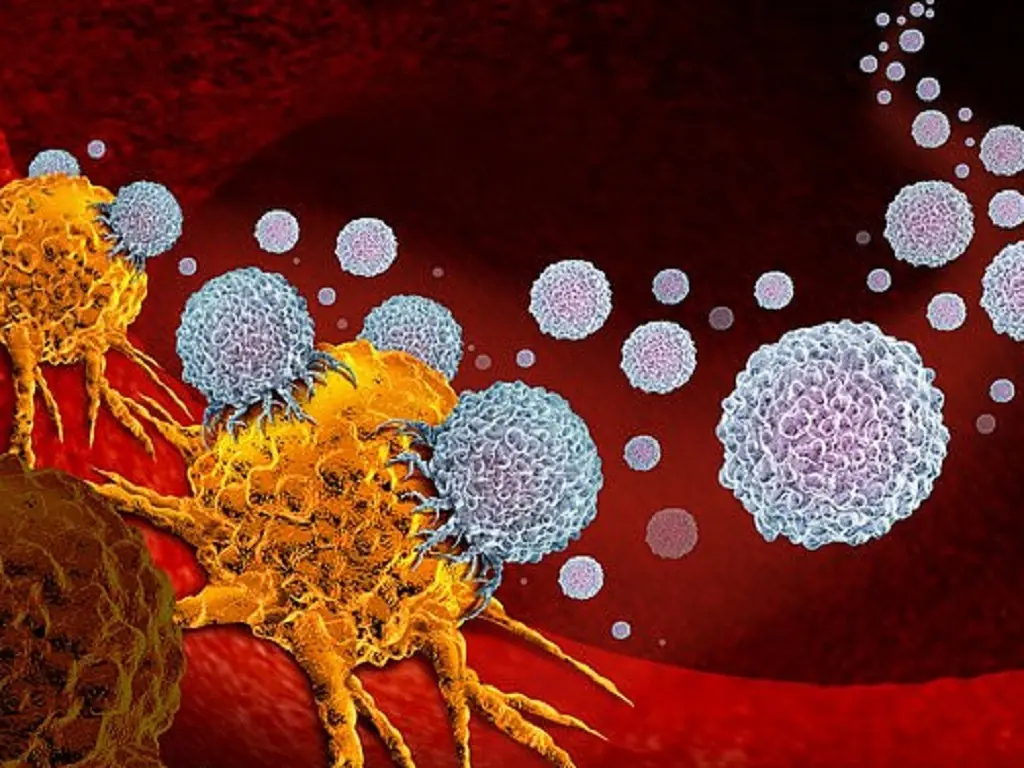
3 Unusual Signs in the Neck That Could Be Symptoms of Cancer – Don’t Ignore Them!

Consciousness Is Not Confined to the Brain, But Is Connected To The Whole Universe, Scientists Say

Study Finds People With ADHD Listen to Music Differently—Here’s How

Can I Get My Metabolism Back After Stopping Lexapro and Prozac?

8 Foods High in Inulin to Eat for Better Gut Health

Proven Health Benefits and Uses of Thyme and Thyme Tea

Proven Health Benefits of Walnuts, How Many to Eat, and More (Science Based)
News Post

Why Your Legs Cramp at Night (And How to Fix It)

How to Use Rice Water for Gorgeous Hair and Skin (Detailed Instructions)

Beware: U.S. Salmon May Be Crawling with Japanese Tapeworm, Say Scientists

The Benefits of Chicken Feet Stewed with Black Beans – As Powerful as Ginseng

There are many cuts of beef, but only these 3 are considered the true “essence” – both chefs and butchers wholeheartedly agree!

Colon Cleansing: How to Naturally Flush Your Colon at Home (Science-Based)
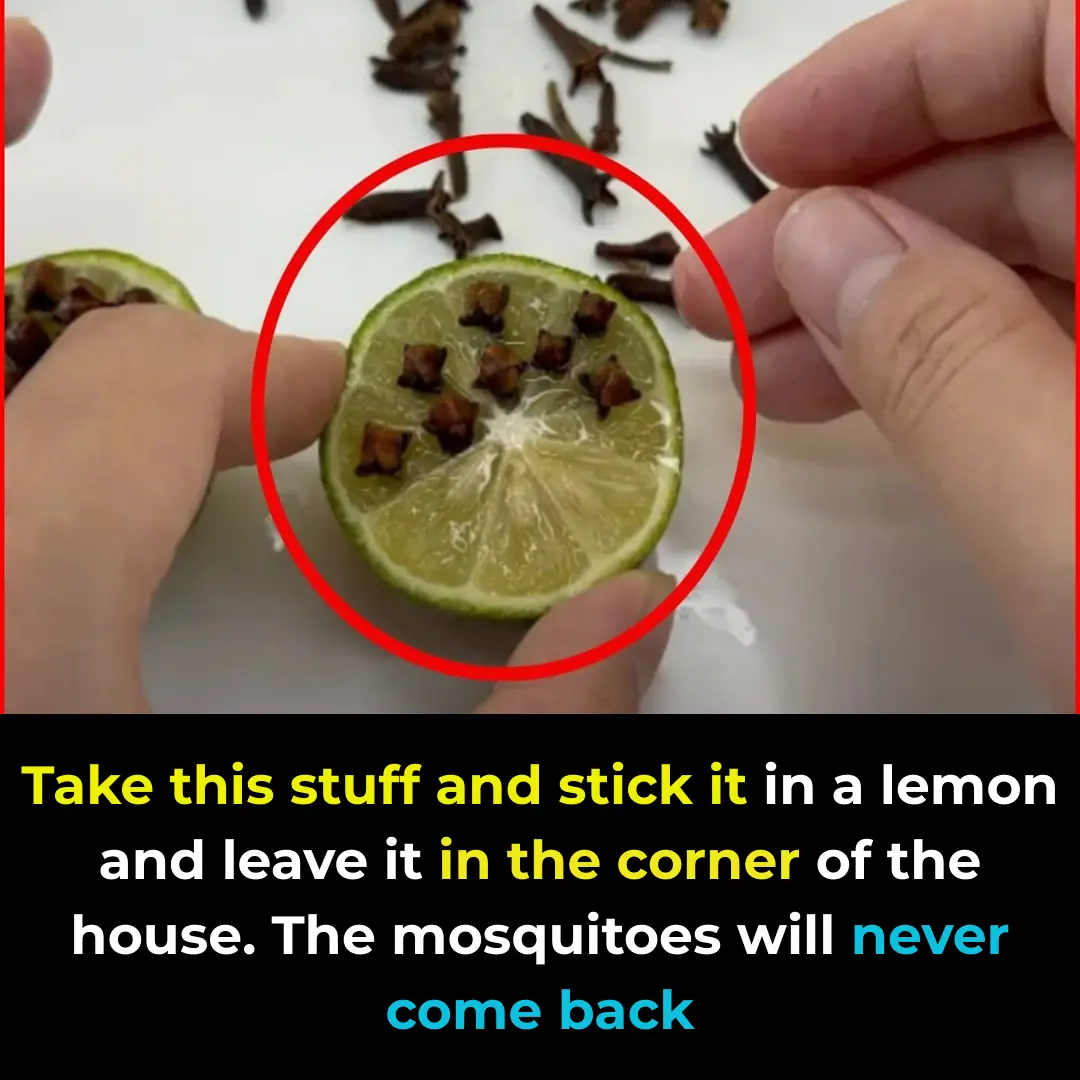
Put this into a lemon and place it in the corner of your house – mosquitoes will stay away for good

3 Morning Symptoms That May Signal the Onset of Canc3r

"8 abnormal signs warning of c3rvical canc3r that women need to recognize early"

If you don’t correct these 5 harmful eating and drinking habits right away, sooner or later your esophagus will also be “ravaged” by cancer cells.

Is Your Air Conditioner Outdoor Unit Making Loud Grinding Noises? Use This Simple Trick to Make It Run Quietly Without Calling a Technician!

Urgent warning issued to travelers as China takes ‘covid measures’ after reporting 7,000 cases of Chikungunya virus

3 Effective Ways to Prevent Snakes from Entering Your Home Everyone Should Know to Protect Their Family

Signs to look out for amid Gordon Ramsay's health warning after undergoing cancer surgery

How to Handle Common Refrigerator Problems and a Surprising Lesson from American Toilet Habits

If Your Feet Swell It Is a Clear Sign

Why Doors in Public Bathrooms Don’t Reach the Floor

Everyday Habits That Can Cause a This Issue To Your Hands
